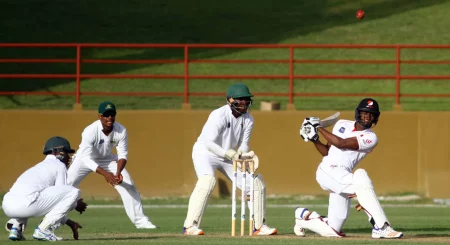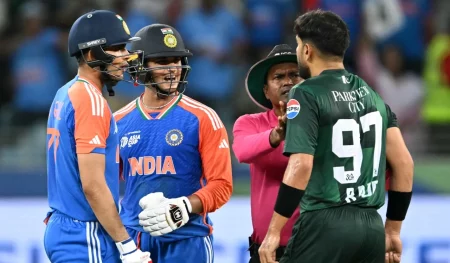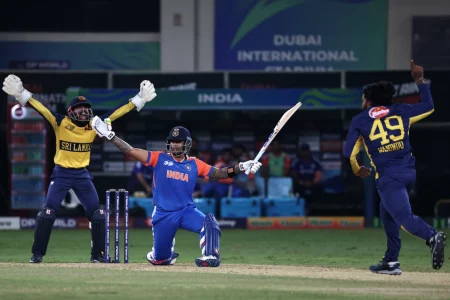England and Wales Cricket Board (ECB) has adopted a new No Objection Certificate (NOC) policy to halt players from featuring in overseas franchise leagues that clash with the country’s domestic competitions including the T20 Blast, the Hundred and the County Championship. The policy applies to all players, be it male or female, with any form of contract with England Cricket either central, development, skill contract, or other agreements with the board. The ECB Chief Executive, Richard Gould, said that the policy has been approved to ‘protect the integrity of the sport’
“There’s never been a better time to be a cricket player, with more opportunities than ever for players to compete in competitions around the globe and be well paid for it. But we need to protect the integrity of our sport and the strength of our competitions in England and Wales as well.”
“This policy gives clarity to players and professional counties around our approach to issuing No-Objection Certificates. It will enable us to strike the right balance between supporting players who want to take up opportunities to earn and gain experience, while also protecting the integrity of cricket globally, ensuring we don’t undermine our own ECB competitions, and managing the welfare of centrally contracted England players.”
The policy will significantly impact English players’ participation in global leagues. For instance, the T20 Blast, England’s domestic T20 competition which typically lasts from May until September, coincides with several prominent leagues throughout the world. This year the T20 competition was played at the same time as Major League Cricket, Caribbean Premier League, Global T20 Canada, and Lanka Premier League. And these do not include the leagues that clash with the County Championships schedule, which usually takes the April to September window. An English player agent was quoted as saying,
“The problem is that everything clashes with the Blast, because it’s so bloody long.”
Moreover, the Pakistan Super League (PSL) is set to be played in April-May next year, shifting a month later from its usual window due to the Champions Trophy. Under this policy, the English players with an all-format county contract will have no choice but to miss that, too.
To the players’ relief, the policy makes an exception for the Indian Premier League (IPL), the most lucrative T20 league in cricket. As long as players do not have a national duty, which is an unlikely scenario since the IPL is played within an exclusive window, they will be issued a NOC for the tournament.
More than any other, the policy is set to largely affect those without a national contract or only white-ball agreements with English counties. Reportedly, a group of such players are considering legal action against the ECB, claiming that such policies are bound to limit the opportunities for players without a national contract. As of now, the group is evaluating their options with the Professional Cricketers’ Association (PCA).
There is a widespread perception among players that the policy is being implemented to ensure the sustainability of the Hundred, the ECB’s brainchild and the first 100-ball tournament. The ECB earlier put 49% of each of the teams’ stakes in the competition on sale, but with this process still incomplete, players are anticipating less-than-competitive salaries in the upcoming edition.
The group is likely to meet next week to map out the implications of the policies. Daryl Mitchell, the PCA’s interim chief, said that the association is getting in touch with players and player agents to ‘source considered opinions and potential consequences of this policy’.



